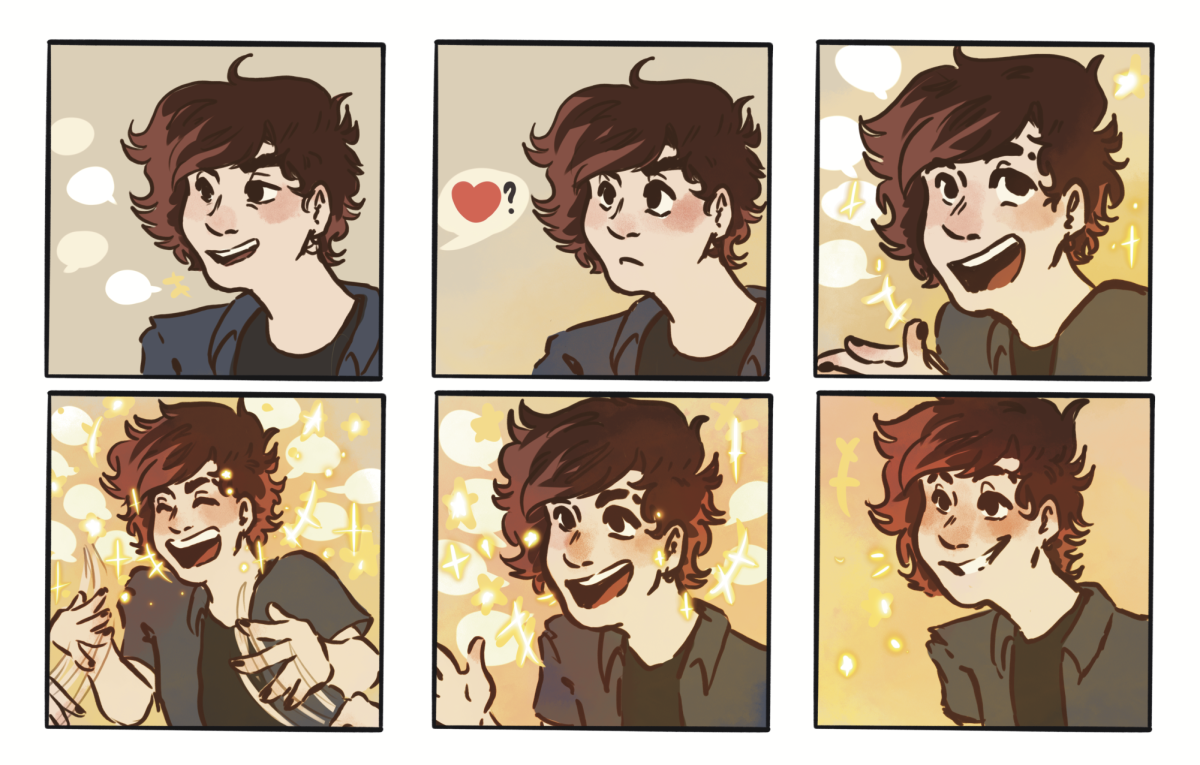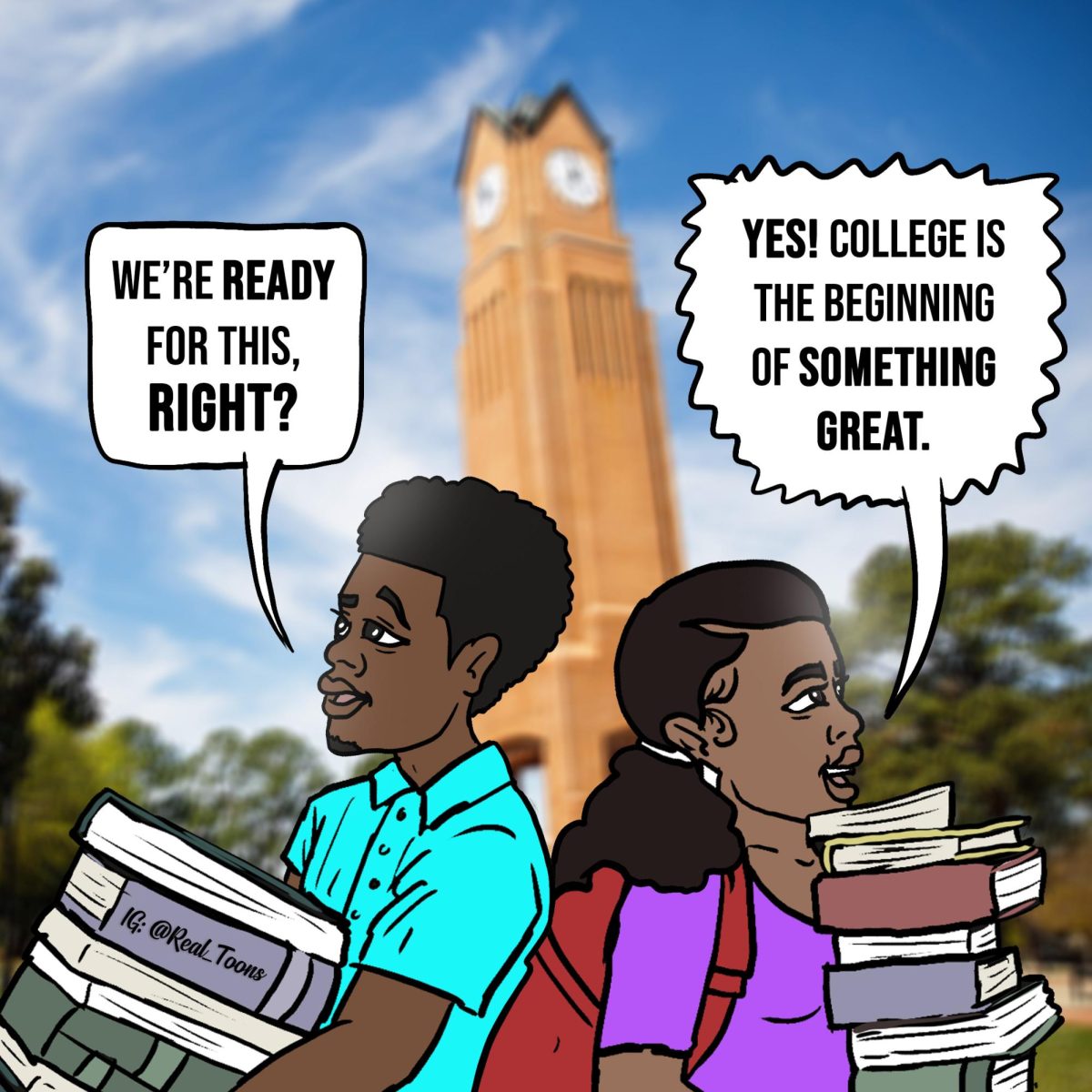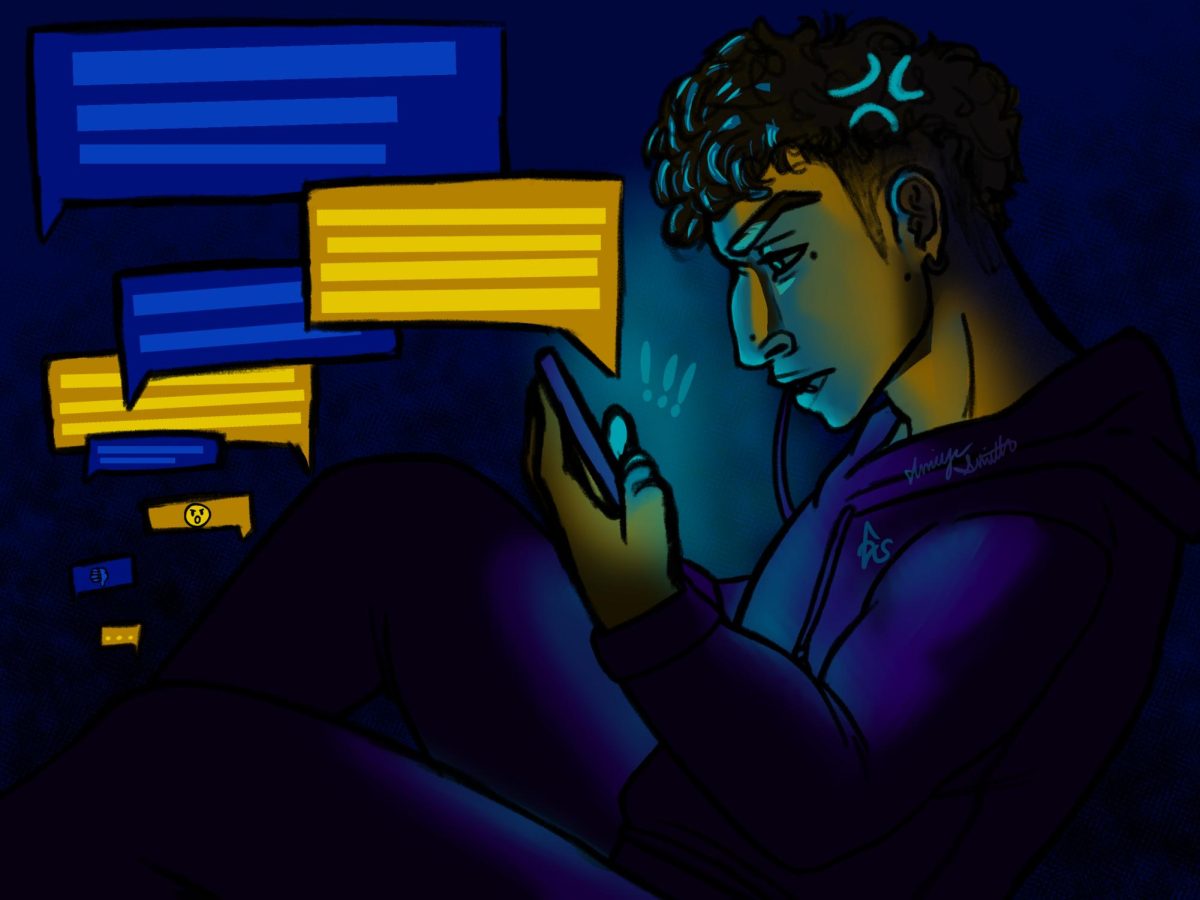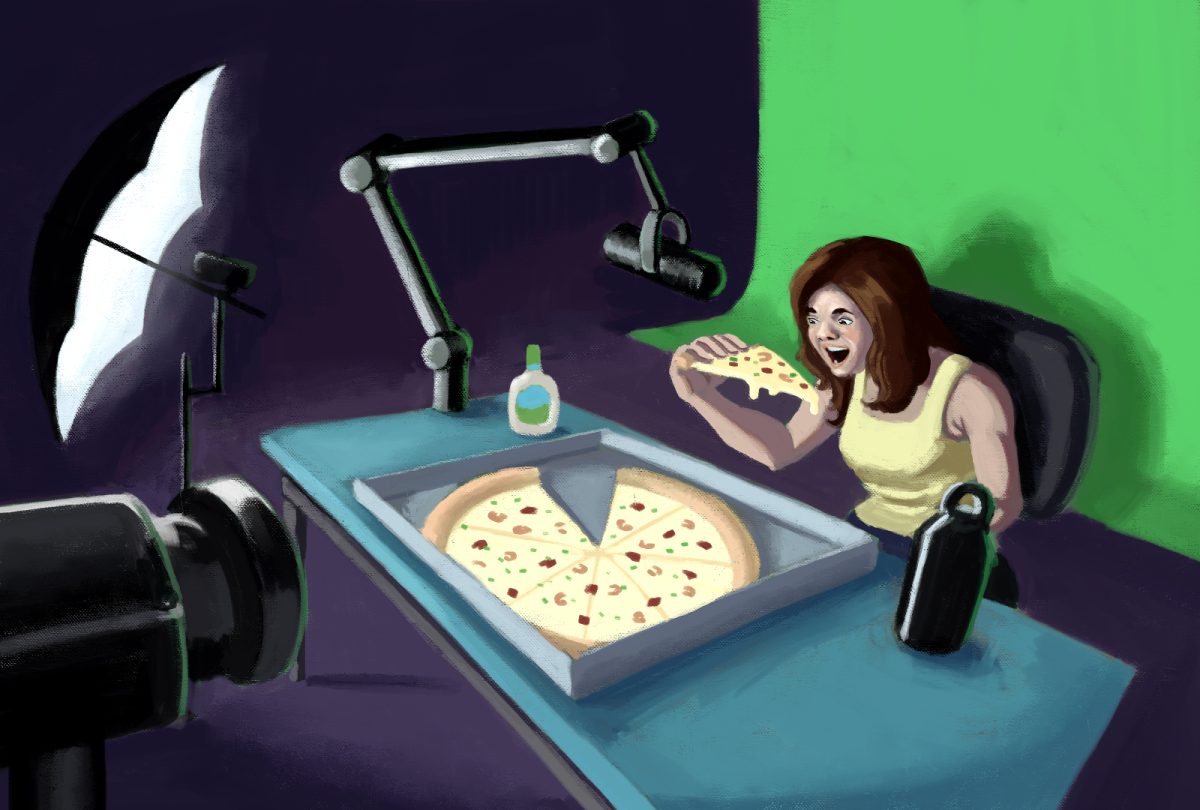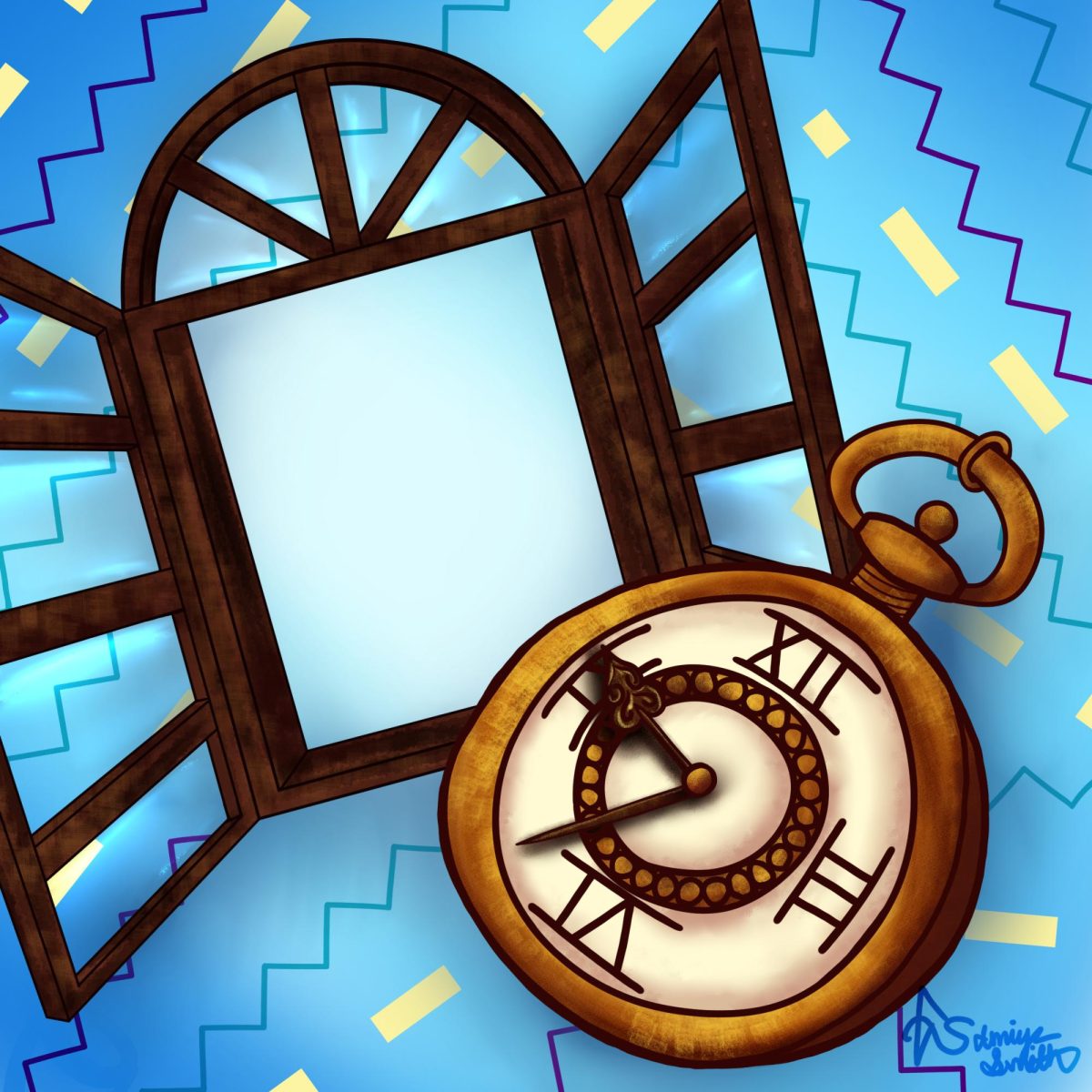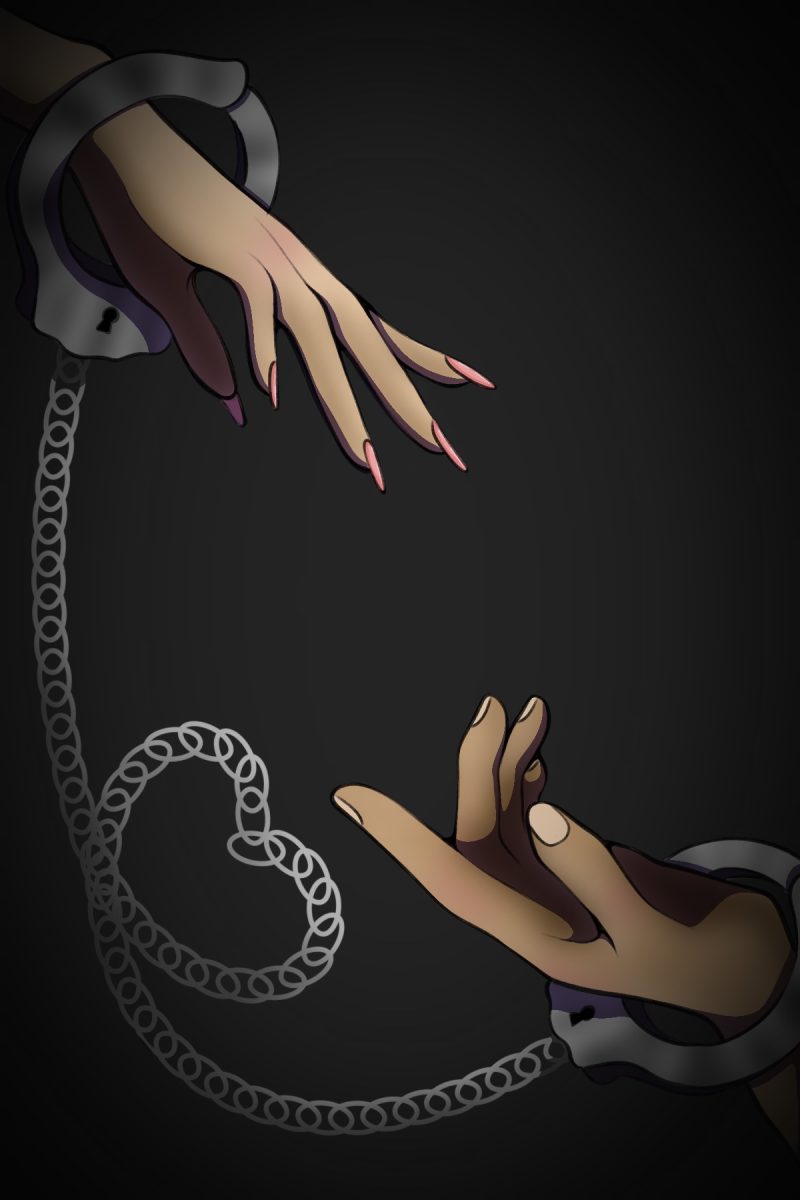Autism is a subject that has been brought up increasingly over the years. We all know of the struggles and hurdles that autistic people experience, some more in-depth than others. But I want to talk about something more than the downsides of autism. Autistic joy is a wonderful and complex thing that is just as intense an emotion as a meltdown could be. We feel our joy and we show our joy in many ways like stimming. Stimming is a form of self-regulation many neurodivergent people exhibit when feeling big emotions. It can be presented as a repetitive movement, like tapping your feet. Or as a vocal stim, like quoting something from a show.
An autistic person’s special interest is intense focus and fixation on a topic or media that brings immense joy and happiness when interacting with it. Sometimes this can transfer into researching a topic, rewatching and analyzing media, drawing, or creating, information dumping, and buying or making merch and accessories that have to do with that interest. Interacting with your special interest in any of the listed ways above and more brings such joy and overwhelming surges of happiness. A lot of autistic people get told they are “being a lot” when they get excited and info-dump, excessively communicating about a topic they love or special interest. If you know or are close to an autistic person, ask them what their special interest is and give them the chance to info-dump to you. Just listen and ask questions and it will mean the world to them.
Stimming to an autistic person is the physical expression of an emotion. It builds up and needs to be released in some way. Most of the time, the easiest release is stimming either vocally or physically. Stimming comes in all different shapes: singing, dancing, flapping your hands, tapping your feet, bouncing, chewing on something, vocal stims/chirps, and a lot more. When overcome with an emotion, negative or positive, autistic, and neurodivergent people stim to release that buildup of emotion. Expressing our joy and emotion physically. When an autistic person is stimming around you, do not make fun of them for it. It is a release and can be uncomfortable if suppressed. It is a beautiful thing to stim, and it is wonderful to watch someone you love show their excitement visually.
A common experience many autistic people have is masking. Masking is when you subconsciously or consciously hide your neurodivergence to try and blend in or make others around you who are neurotypical more comfortable. For autistic people, this is not a pleasant or easy thing to accomplish and can often be draining to actively suppress their nature. But when you find people who are safe enough to unmask around or when you get alone time, it is the biggest weight off your back. Imagine wearing a very heavy and uncomfortable bag that you must constantly readjust. Now picture the relief of finally taking it off after a long day of wearing that uncomfortable bag. That is the closest I can get to describing the instant relief of unmasking. To an autistic person, there are few higher levels of trust than being able to fully unmask around someone. But some autistic people struggle with unmasking after doing it for so long, and that is okay. It is something that society has shamed us for and forced us to feel the need to hide ourselves and there is nothing to be ashamed of if you still struggle with unmasking. It takes time to break a habit you have been doing for so long, consciously, or not. Confronting the stigma and stereotypes surrounding autistic people is especially important and can help you better understand your autistic loved ones or yourself. It is okay to grow.
Autism is a disability and causes many difficulties in everyday life in a world that is meant for neurotypical people. But seeing the positives and joys of autism is important. If you or someone you love is autistic, autism is a beautiful thing when you look closely. The path that society is currently on is leading to increasingly autistic and neurotypical representation and moving away from stereotypes. We will get there one day.



